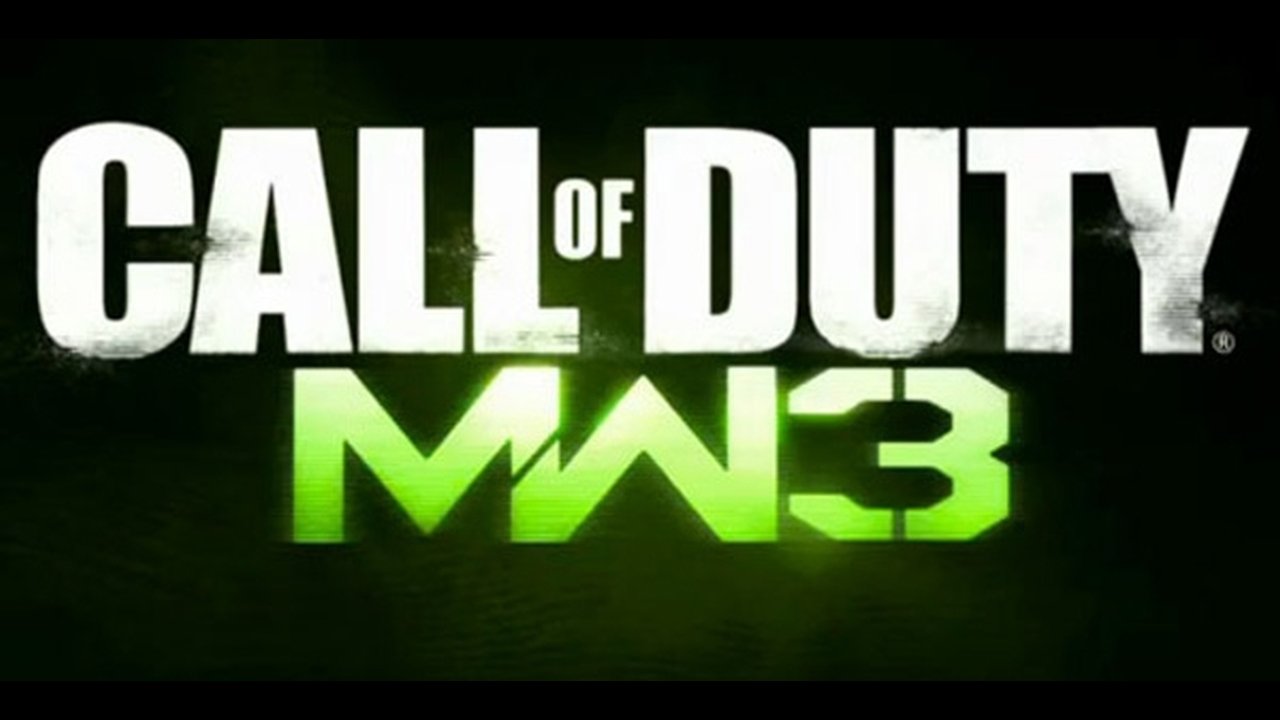The Activision Publishing boss says that publishers need to be able to adapt to any situation.
Activision Publishing CEO Eric Hirshberg knows a thing or two about marketing – before joining Activision, he helped create the Kevin Butler ad campaign for Sony – and that means he knows how to handle a crisis. That’s what he faced after seemingly every detail for Modern Warfare 3 leaked last Friday, and while Hirshberg says that leaks definitely aren’t a good thing – Activision is still investigating the source of the Modern Warfare breach – he believes that it’s one of the many things that companies have to be prepared for in the modern age.
“No one wakes up and thinks, ‘I hope there’s been a leak and our timing gets all messed up,'” said Hirshberg in an interview with Joystiq, but “if members of the government and the military aren’t safe from this stuff, it’s a part of our world now.”
For Hirshberg, that adaptability is essential for a marketing department in 2011. The nature of the Internet and social media makes it impossible to dictate the message across every outlet, so it’s foolish to fight against the tide of information.
“You aren’t always in control of the schedule and the dialogue, and you need to be comfortable of those rapids in this day and age,” he explained. “That’s actually one of the things that separates good marketing from great marketing today.”
Activision considered multiple strategies after the leak of Modern Warfare, but Hirshberg’s philosophy ultimately guided the company’s response to the public.
“What we did was we kind of took that exact conversation we were having in our conference room outside and had it publicly in social media,” he said. “Through our various channels, through Robert Bowling at IW, through Facebook and through our YouTube channel, we reached out to our fans and we said, ‘Look, we didn’t schedule this. This wasn’t something we had planned. But everyone seems excited, so we’re just going to roll with it. So here they are, a couple of assets that weren’t scheduled to be out for another couple of weeks, we’re going to release ’em to you today.’”
Activision’s response included a series of official teaser trailers that went up on YouTube, and the videos have already racked up 4.5 million combined views. Hirshberg says that the clips show “a willingness to be a part of the connected, digital, social universe,” adding that “social media is a huge shift in the way brands connect with consumers.”
According to Hirshberg, people now use their favorite media products (including video games) to define themselves as individuals, and it’s important to acknowledge the “human connection” that exists between a product and its fans. Doing so allowed him to engage with the community at an emotional level, and that’s the only way to make the best of a bad situation.
I’d personally be inclined to agree – Hirshberg makes some great points about the nature of fandom, social media, and marketing – but I’m not willing to give him all the credit for the early popularity of Modern Warfare 3. Call of Duty is a brand that practically sells itself, and no game teaser is getting 4.5 million YouTube hits unless there’s already a considerable amount of interest. The scope of the leak was a bit unprecedented and Activision certainly adapted well, but it’s easier to capitalize on a leak when the audience is already starving for information.
Source: Joystiq



